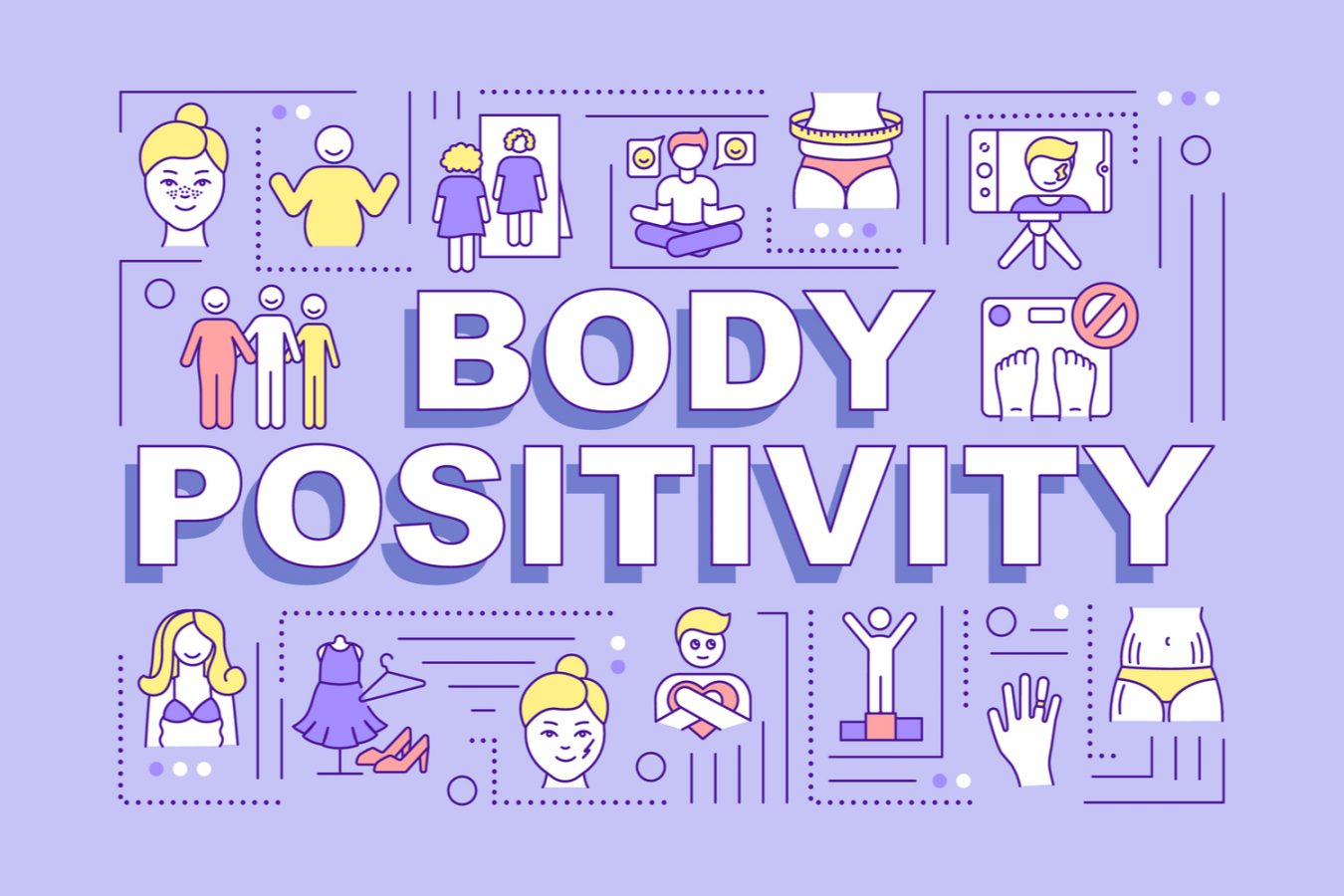
Coding classes for mums and daughters, don't just blame social media, paying kids to learn, and how to deal with a child's anger.
Our selection of thought-provoking and useful articles from around the web on educating and raising children.

Girls and their mums learning coding for equality
(Anna Prytz, The Age)
Educators are increasingly focusing on ways to increase the participation and performance of girls in science, technology, engineering and mathematics (STEM) studies and careers. One way is to get mothers involved. Workshops run by social enterprise Girl Geek Academy teach coding to girls and their mums with the aim of changing the glaring gender inequality in STEM.
Yes, children are in distress. But don’t blame it all on Instagram
(Gaby Hinsliff, The Guardian)
Research suggests that children who spend a lot of time online are unhappier than children who don’t – but as this article by a British writer notes, it’s still unclear which way round the cause and effect are. Is social media so toxic that it’s making children unhappy? Or are lonely and troubled children more likely to spend longer on social media in search of comfort? The writer argues that we’re only seeing half the picture if we’re ignoring the fact that kids are facing ‘real life’ problems, not just social media ones.
Why we should consider paying kids to learn
(Richard Holden, The Conversation)
Paying children to study and behave might sound radical, or even unethical. Yet we provide incentives to kids all the time. This article reports on the results of academic research in which American school children were paid for their school performance. It found their behavior improved and they were more likely to finish their homework. The author suggests we should be open minded about what works in improving student results. The evidence is that tutoring, out-of-school and community-based reading programs, smaller class sizes, better teachers, a culture of high expectations and financial incentives all have a role to play.
When Your Child Gets Angry: The Cheat Sheet
(Laura Markham, Psychology Today)
American psychologist Laura Markham offers five short steps for when your child gets angry. The first step is to stay calm – stop what you’re doing, drop your agenda and breathe – which gives you a choice about how to respond. And remember that you’re the role model – don’t get hooked on your child’s anger. This is practical advice that you can print out and put on the fridge.
Like this post? Please share using the buttons located on this page.
Subscribe to The Parents Website


